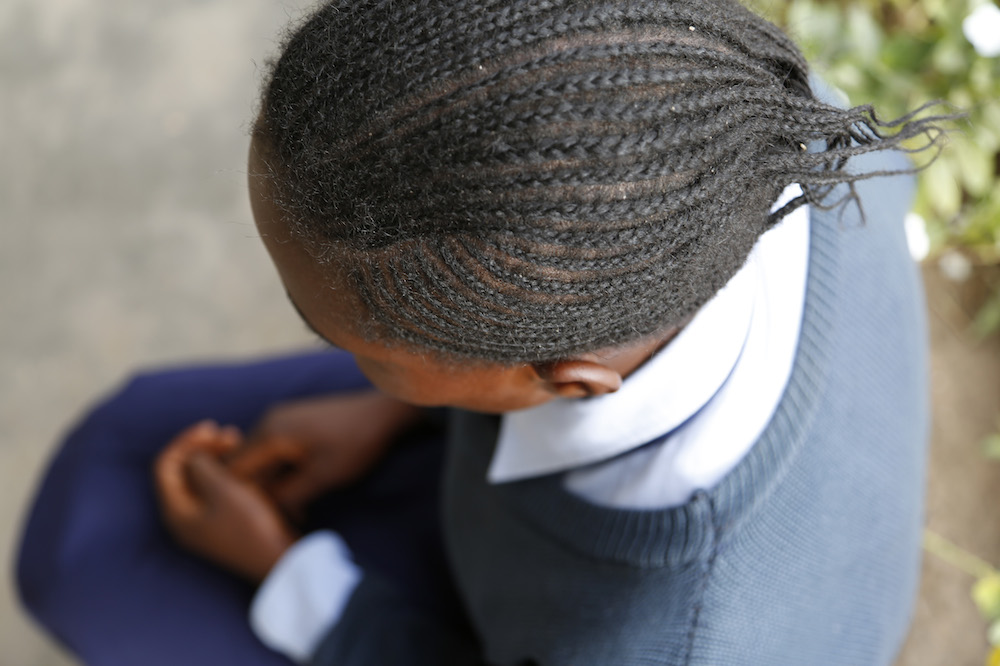
Summit pushes leaders to end child marriage in West and Central Africa
Barriers to education, Child marriage, Girls' education, Right to education
Unless urgent action is taken it could be 100 years before the practice that impacts girls' education, health and future is stopped.
The global goal is to end child marriage by 2030. But on current trends it will be 100 years before the practice is stopped in West and Central Africa.
That will have a massive impact on girls’ education, health, safety and their ability to earn as an adult.
The depressing statistic was highlighted at a three-day summit in the region being held in Dakar, Senegal.
Campaigners chanted “No to child marriage” as Senegal’s Prime Minister Mohammed Dionne took to the stage yesterday to address delegates from 27 countries at the High-Level Meeting on Ending Child Marriage.
He said: “We have heard your heartfelt cry. The problem is how to move from vision to action. Beyond the legal framework, what we need today is collective engagement in the search for solutions.”
Political leaders, activists and local chiefs all made a commitment at the summit to end child marriage.
Activists are hoping the gathering, which ends tomorrow, will result in concrete national action plans to introduce or enforce laws against child marriage.
“What we need to end child marriage is a movement,” Francoise Moudouthe of advocacy group Girls Not Brides told the Thomson Reuters Foundation. “We hope this will be solidified in the region with this meeting.”
West and Central Africa has the highest rate of child marriage in the world – with four in 10 girls married under the age of 18. Of those, a third are under 15.
In six countries – Niger, Central African Republic, Chad, Mali, Burkina Faso and Guinea – the child marriage rate is over 50%. Niger’s is the highest at 76%.
Girls who marry young are likely to have their education disrupted because they are not permitted to go to school or because of early pregnancy.
But marrying girls off young – even before they reach puberty – is a deeply engrained custom across much of West and Central Africa.
The 100-year prediction came from a report card on child marriage released at the summit by the United Nations children’s agency UNICEF.
“We need to shake ourselves up,” said Fatoumata Ndiaye, UNICEF’s Deputy Executive Director. “We cannot continue to let so many of our girls miss out on their health, education and childhood.
The report said progress is possible. Gambia, Guinea Bissau, Togo, Ghana and Rwanda have all seen falls in child marriage rates between 40% and 60% over the past 25 years.
Ndiaye added: “Getting girls to schools should be our top priority. Not only because it equips girls for life but it also helps to lift their families, their communities, their countries out of poverty.”

More news

Skills for the future give young people the best chance of success
